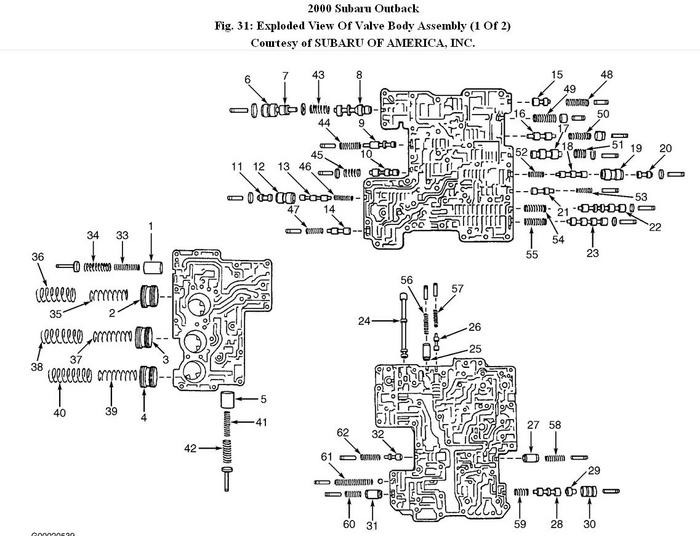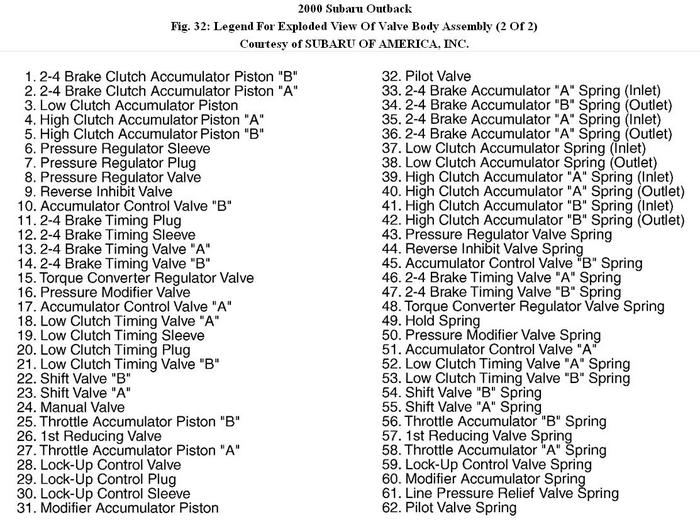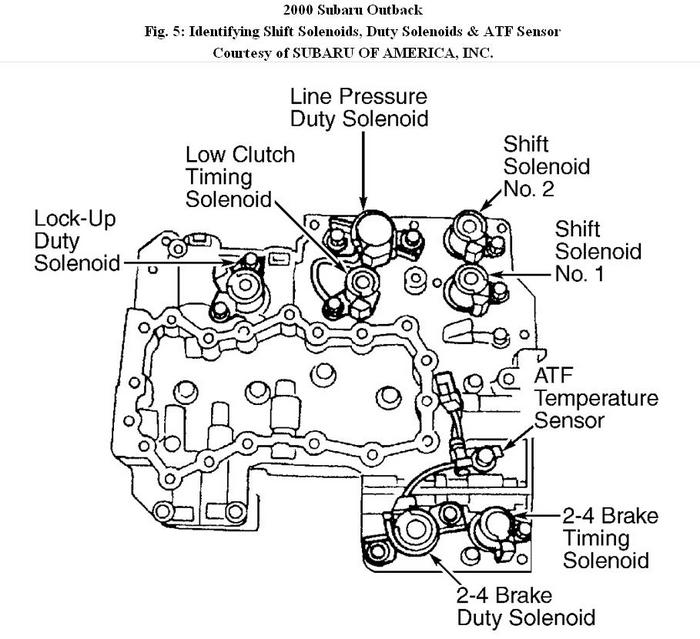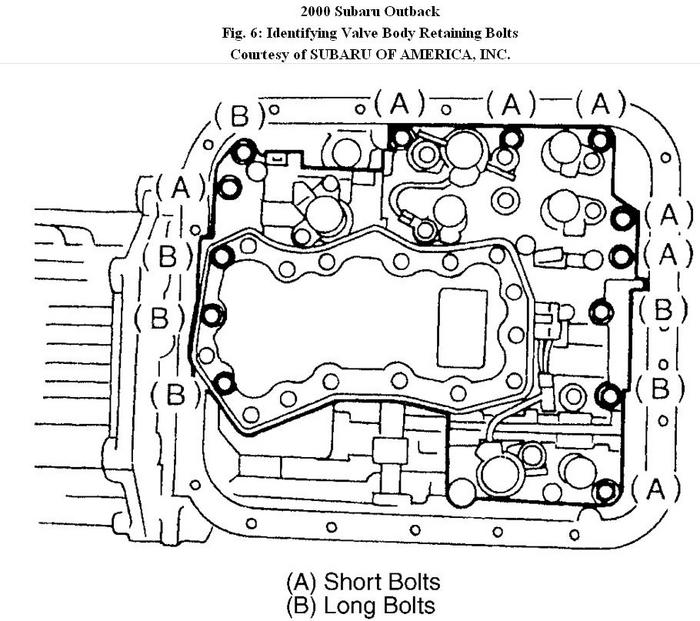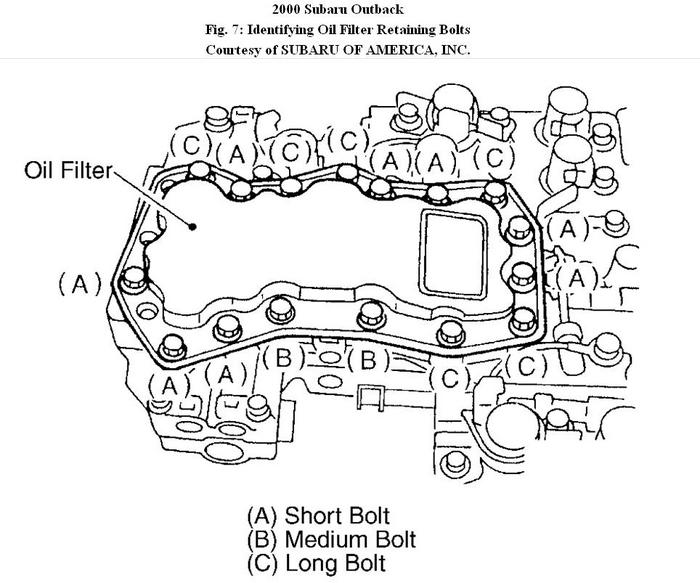have a problem with the Reverse, but once every month or so, I would
get a no-drive condition with all Forward gears (D, 1, 2, etc.).
It is as if the transmission is still in Neutral. I press the gas,
the engine revs up, but the vehicle does not move forward at all.
Eventually, the vehicle would move again after I've frantically
shift through all the gears over and over again. Please be as
technically detailed as you can in your explanations of possible
root causes. I've studied a book on automatic transmissions and
am familiar with valve bodies, clutch packs and clutch apply pistons,
torque converters, overrunning clutches, etc. The fluid and filter
have been changed regularly (and recently) and the fluid's current
level is good. Thanks.
Tuesday, March 29th, 2011 AT 5:22 AM
